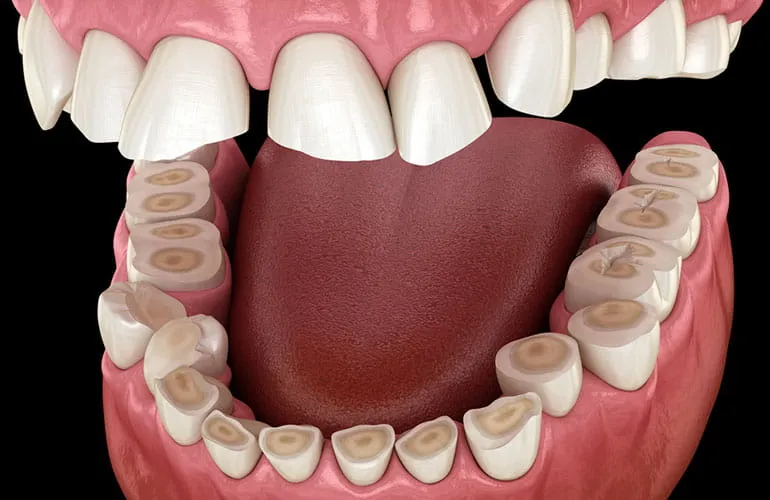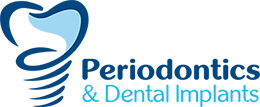
A common but often overlooked condition that can cause significant damage to your teeth and jaw over time.
At Smiley Implants, we offer comprehensive care for a variety of dental conditions, including bruxism. Bruxism, or teeth grinding and clenching, is a common but often overlooked condition that can cause significant damage to your teeth and jaw over time. Our dedicated team is here to help you understand the causes and effects of bruxism and provide effective treatments to protect your oral health and enhance your quality of life.
What is Bruxism?
Bruxism is the involuntary grinding or clenching of teeth, typically occurring during sleep (sleep bruxism) but also possible during waking hours (awake bruxism). This condition can lead to a range of dental problems, including tooth wear, fractures, and jaw pain.
Symptoms of Bruxism
- Teeth Grinding or Clenching: Often loud enough to wake a sleeping partner.
- Worn or Chipped Teeth: Visible signs of wear, flattening, or chipping of the teeth.
- Jaw Pain or Stiffness: Soreness or discomfort in the jaw muscles, especially in the morning.
- Tooth Sensitivity: Increased sensitivity to hot, cold, or sweet foods and beverages.
- Headaches: Frequent dull headaches, especially in the temples.
- Ear Pain: Pain that feels like an earache, despite no actual ear infection.
- Sleep Disruption: Poor sleep quality due to the physical strain of grinding.
Causes of Bruxism
- Stress and Anxiety: High levels of stress or anxiety can lead to increased muscle tension and bruxism.
- Sleep Disorders: Conditions such as sleep apnea can be associated with teeth grinding.
- Medications: Certain medications, particularly antidepressants, may have bruxism as a side effect.
- Lifestyle Factors: Alcohol consumption, caffeine intake, and smoking can exacerbate bruxism.
- Misaligned Teeth: Improper alignment of teeth can contribute to grinding and clenching.
- Genetics: Bruxism can run in families, indicating a potential genetic component.
Diagnosis of Bruxism
- Dental Examination: A thorough dental exam can reveal signs of bruxism, such as tooth wear and damage.
- Patient History: Discussing your symptoms, lifestyle, and medical history helps in identifying potential causes.
- Sleep Studies: In some cases, a sleep study may be recommended to observe grinding during sleep and identify related sleep disorders.
Treatment Options for Bruxism
- Mouthguards: Custom-fitted night guards protect your teeth from grinding damage by providing a cushioning barrier.
- Stress Management: Techniques such as relaxation exercises, counseling, and stress reduction strategies can help reduce bruxism.
- Behavioral Therapies: Biofeedback and other behavioral therapies can teach you how to control muscle activity.
- Medications: Muscle relaxants, anti-anxiety medications, or Botox injections may be prescribed in severe cases.
- Dental Correction: Orthodontic treatments to correct misaligned teeth can reduce grinding and clenching.
- Lifestyle Changes: Reducing alcohol and caffeine intake, quitting smoking, and improving sleep hygiene can help manage bruxism.
Preventive Measures
- Regular Dental Checkups: Routine visits allow your dentist to detect early signs of bruxism and take preventive action.
- Good Sleep Practices: Maintain a consistent sleep schedule and create a relaxing bedtime routine.
- Limit Stimulants: Reduce consumption of caffeine and alcohol, especially before bedtime.
- Manage Stress: Incorporate stress-relieving activities such as yoga, meditation, or exercise into your daily routine.
Long-Term Effects of Untreated Bruxism
- Tooth Damage: Severe wear, fractures, or loss of teeth.
- Jaw Disorders: Temporomandibular joint (TMJ) disorders causing chronic pain and dysfunction.
- Gum Recession: Excessive force on teeth can lead to gum recession and related periodontal issues.
- Headaches and Migraines: Chronic bruxism can contribute to frequent headaches and migraines.
- Sleep Disruption: Poor quality of sleep affecting overall health and well-being.
At our practice, we are committed to providing personalized and effective treatments for bruxism to safeguard your dental health and improve your quality of life. If you suspect you may be grinding your teeth or experiencing any symptoms of bruxism, contact us today to schedule a consultation. Dr. Hassan is here to help you find the best solutions and ensure the health and longevity of your smile.

